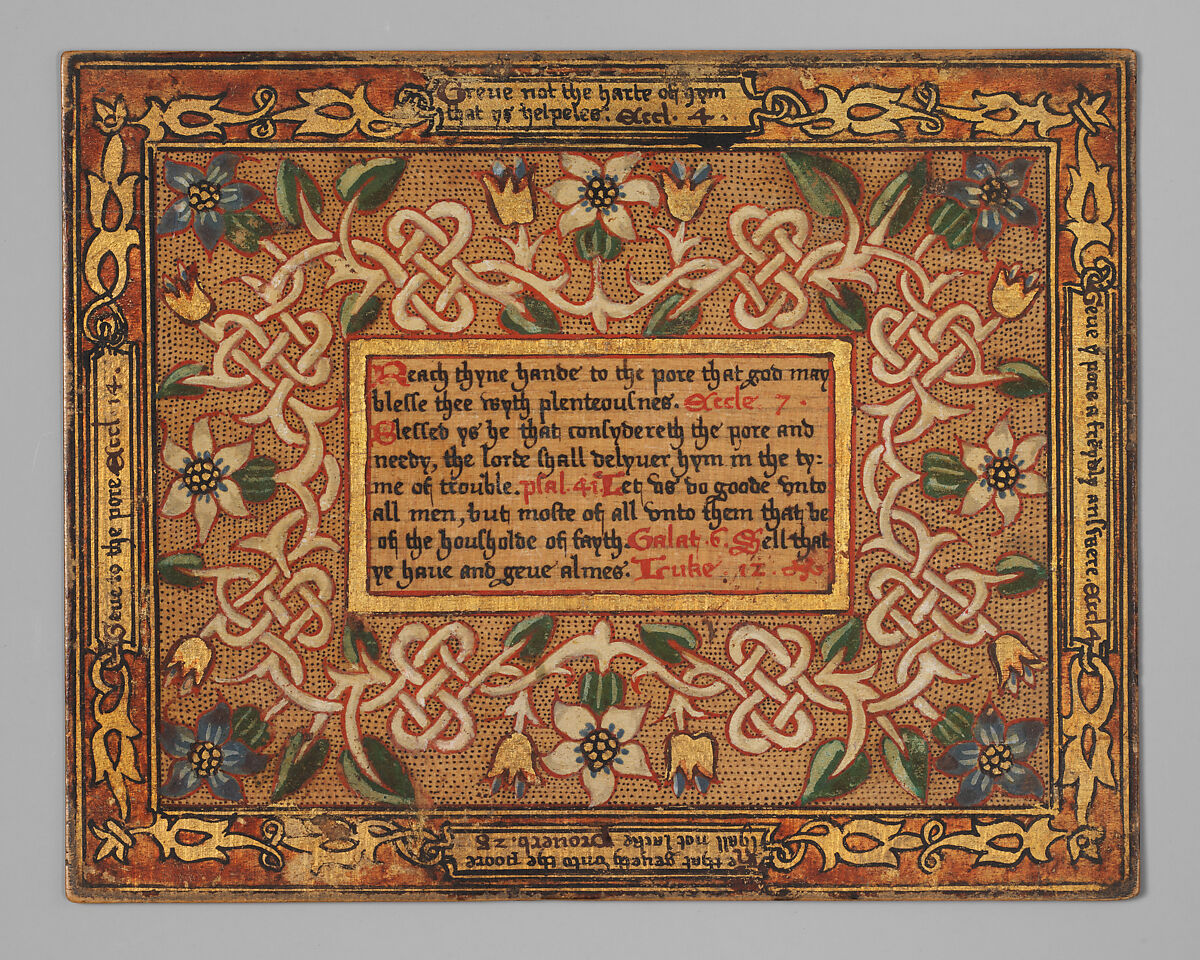
In our occasional series on our exciting projects for which funding is available, we here from Dr Suzanna Ivanic and Hannah Murphy about Crafting the Reformation: Artisanal knowledge, material culture, and religious practice in early modern Europe
What is this project about?
Artisans (goldsmiths, tile-makers, clock-makers and glassworkers etc.) were key players in the changing confessional cultures of early modern Europe. They created devotional objects, crafted religious sensory regimes and developed confessional iconographies. Individuals and communities used objects to express or practise their beliefs at a time of changing religious beliefs. This project examines how artisans were agents of the Reformation in closer detail. Leaving the exact topic of study open to the researcher, the project will revolve around the following questions:
- How did artisans read, consume, and respond to reformation ideas?
- How did those with material knowledge think about the world?
- How did artisans order their knowledge, record their work, and organise their business?
What is exciting and new about this project?
This project offers a doctoral researcher the chance to become a leading expert on Reformation history and early modern craft knowledge. Most works have focused on patronage and consumption of religious objects. However, this project will examine artisans and artisanal culture at the centre of the enquiry to see how they shaped the emerging reformation cultures. It is a chance to explore how they often worked across confessions. This project is a new opportunity to bring histories of artisanal epistemology together with Reformation history, and to range across material, visual and textual realms.
What kind of skills does this research require, and how will the project develop a student’s skillset?
We think this is a great project for someone who has gained some language skills and palaeography skills at Master’s level and and is looking to develop these further, and who is also interested in working with objects. The use of archival materials such as inventories and guild records will provide an accessible route towards developing advanced expertise in these areas. The geographical area of study is open to the researcher, who will have agency in shaping the way in which they develop their language skills through the support of the Knowledge Orders project training fund. In addition, this project uniquely combines material approaches, so the researcher will have the opportunity to develop their skills in object analysis and research in museums and collections.
Image caption: Trencher, early 17th century, British, Gift of Irwin Untermyer (c) Met Museum
